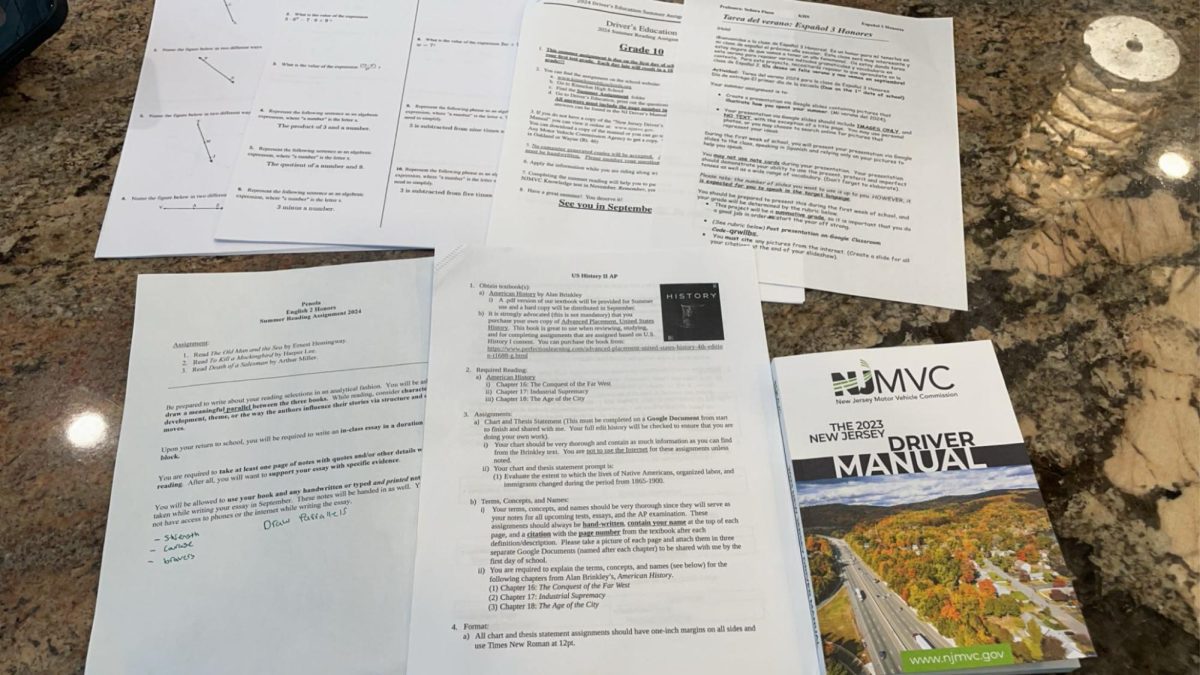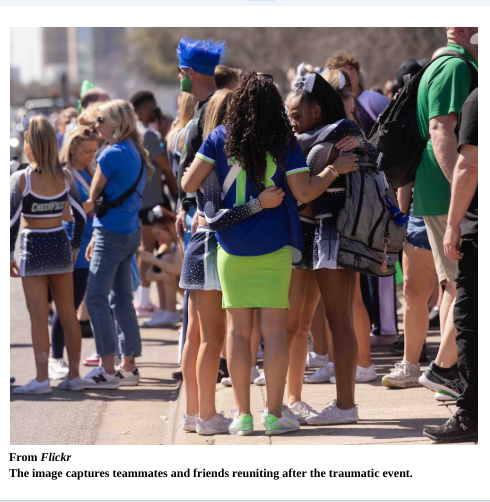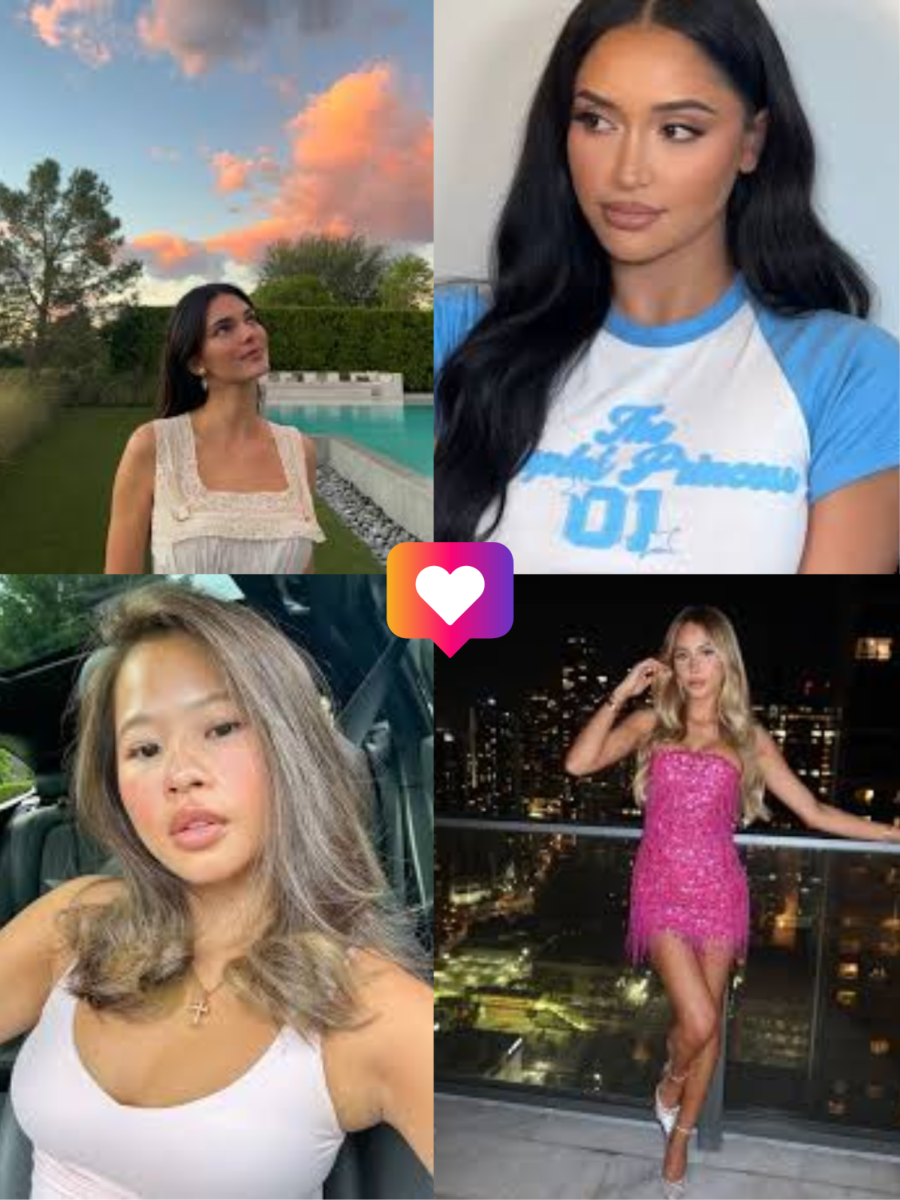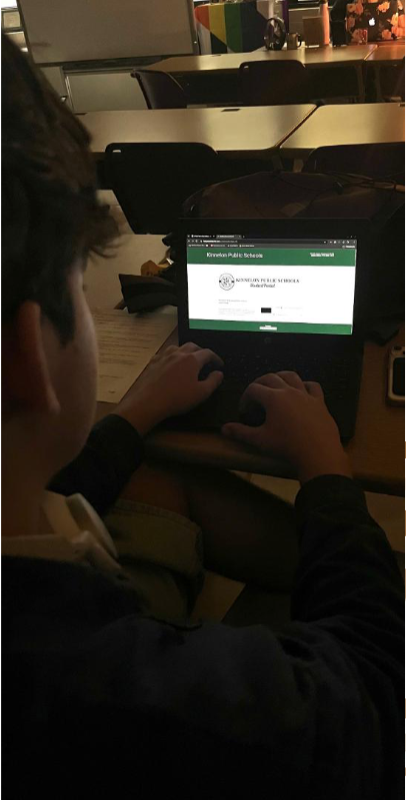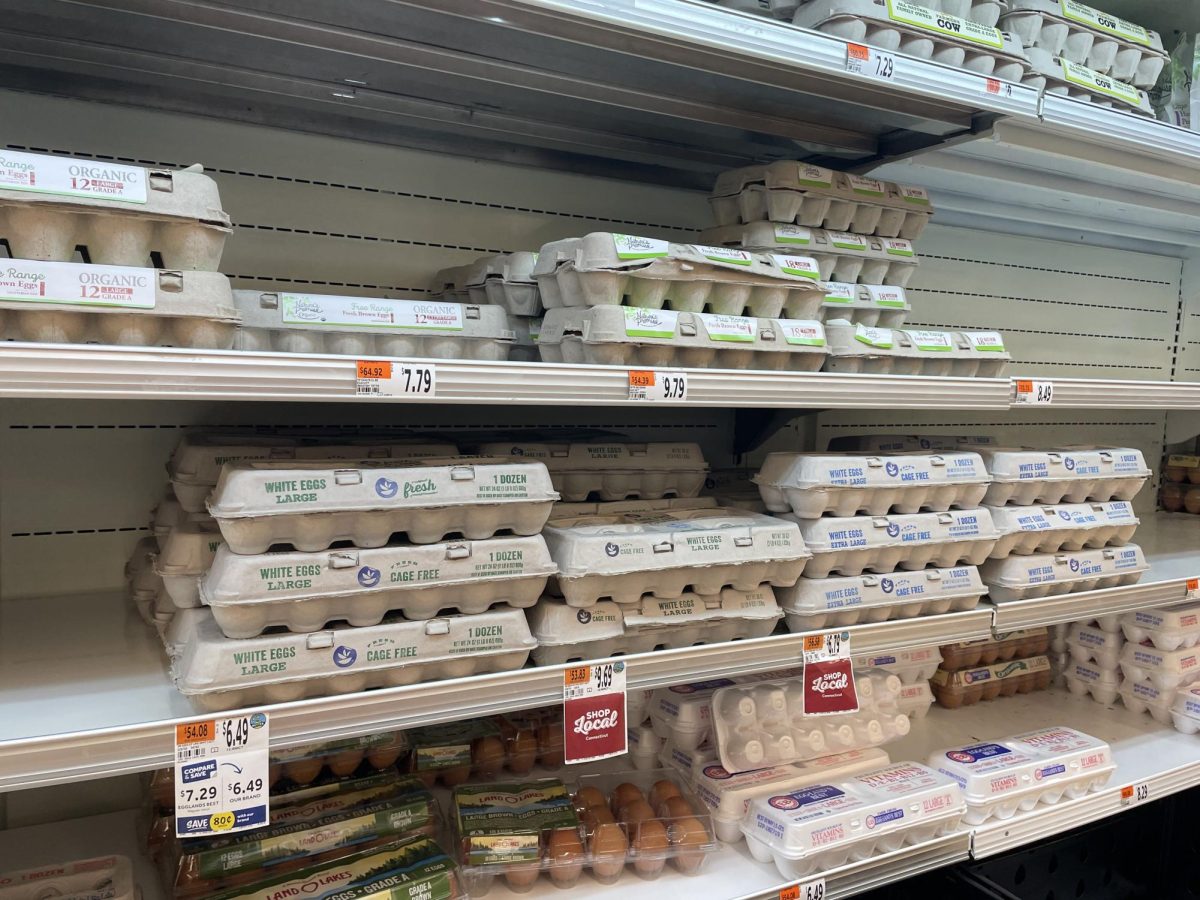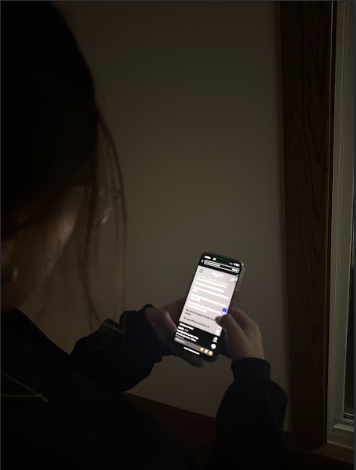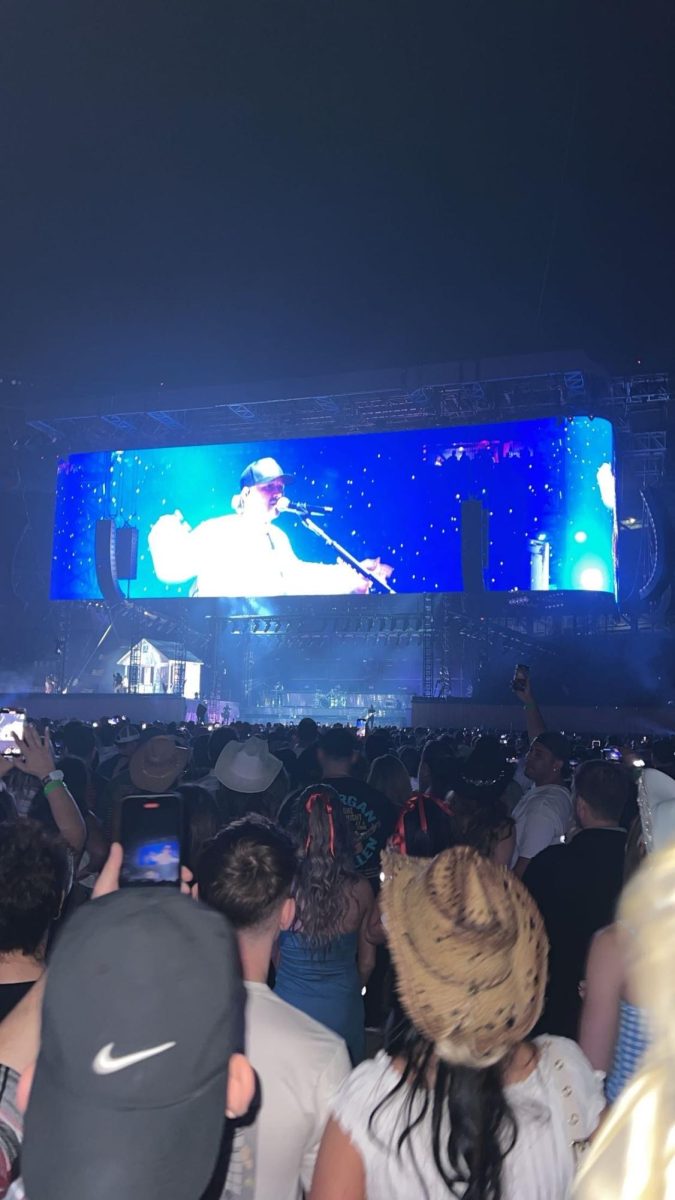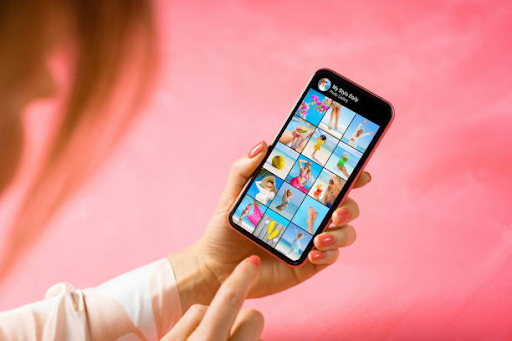
Adviser’s Note: The views, thoughts, and opinions expressed in this opinion article belong solely to the author and do not reflect the view of The Colt Chronicle Staff, Kinnelon High School, or its students and staff members.
Over the years, social media has surely contributed to many successes. However, as with all things, there is a brutal downside. The internet and the rise of influencers has bred an obsession with physical looks, directly correlating them to value and worth. This negative association, coupled with the unrealistic promotion of perfect and supposedly “unfiltered” bodies, has destroyed the way women and young girls view the beauty standard and their self-worth.
According to research leaked to the Wall Street Journal, Instagram is responsible for making body image issues worse for one in three girls. When 97% of teens actively use social media, this becomes an issue. Instagram feeds refresh daily to expose impressionable young women to heavily edited photos from their favorite influencers, whether or not they realize just how filtered they are.
On TikTok especially, it is hard to stumble upon an influencer who does not use some type of beauty enhancing filter. Whether this be the airbrushing beauty effect or one of the thousands of filters that alter appearance, it is not real. In fact, the app recently faced backlash for one of its newest beauty filters – “Bold Glamour.”
This particular filter completely transforms a user’s appearance. It led many users to question if technology had gone too far to drastically enhance beauty and support an unrealistic standard. Using these filters on accounts that promote unachievable beauty is very detrimental for the younger female following.
In fact, according to a study on filtered photos, girls aged 14-18 felt that retouched photos of themselves looked better than the original, leaving them less satisfied with their bodies afterward. TikTok and Instagram’s beauty filters have the same effect, leaving young women questioning their own worth and beauty based on idealistic yet unreal beauty enhancements.
Society’s fetishization of beauty and its association with being more intelligent and likable is only fueled by platforms like these. It becomes impossible for anyone to attain these standards of unrealistic perfection, which are inaccurately associated with happiness. They foster self-hatred and lack of confidence.
Although some argue that those who struggle with these “perfect” standards are naive, the obsession with body image cannot be escaped on any social media platform. What makes it worse is the fact that influencers consistently use filters and share products that are part of a brand deal, not products they genuinely use.
In the culture of wellness influencers, the unrealistic “What I Eat in a Day” videos promote unhealthy and unrealistic eating habits. These edited, impractical videos and ingenuine promotions are what young girls compare themselves to daily. According to Psychology Today, these videos “can bring about an increase in urges to diet, binge eat, cut out foods or food groups, overexercise, or engage in other unhealthy eating behaviors.”
Platforms promoting unhealthy diet culture, unrealistic body images, and filtered photos have truly destroyed the way that young girls and women view themselves. It holds women up to a pedestal of perfection that is simply unachievable, and yet social media has made this a concept difficult to grasp.

